6 Essential Foods to Always Keep in Your Freezer
Ever found yourself staring into an empty fridge, wondering what to cook for dinner? Or maybe you’ve thrown away food because it went bad before you could use it? Your freezer might just be the unsung hero of your kitchen. It’s not just for ice cream and frozen pizza—it’s a game-changer for meal prep, saving money, and reducing food waste. In this article, we’ll explore the 6 essential foods to always keep in your freezer, along with tips on how to store and use them effectively. Let’s turn your freezer into a treasure trove of convenience and flavor!
Table of Contents
Why Your Freezer is Your Best Friend in the Kitchen
The Benefits of Freezing Food
Your freezer is more than just a cold storage box—it’s a tool for smarter cooking. Freezing food helps you:
- Reduce waste: Preserve leftovers or bulk-bought ingredients before they spoil.
- Save time: Have ready-to-cook ingredients on hand for quick meals.
- Save money: Buy in bulk and freeze extras for later use.
- Eat healthier: Keep nutritious options like frozen veggies and fruits within reach.
How to Maximize Your Freezer Space
A well-organized freezer is key to making the most of your frozen essentials. Here are a few tips:
- Label everything: Use masking tape and a marker to note what’s inside and the date it was frozen.
- Use stackable containers: Opt for square or rectangular containers to save space.
- Group similar items together: Keep proteins in one section, veggies in another, and so on.
- Rotate stock: Place newer items at the back and older ones at the front so they can be used first.
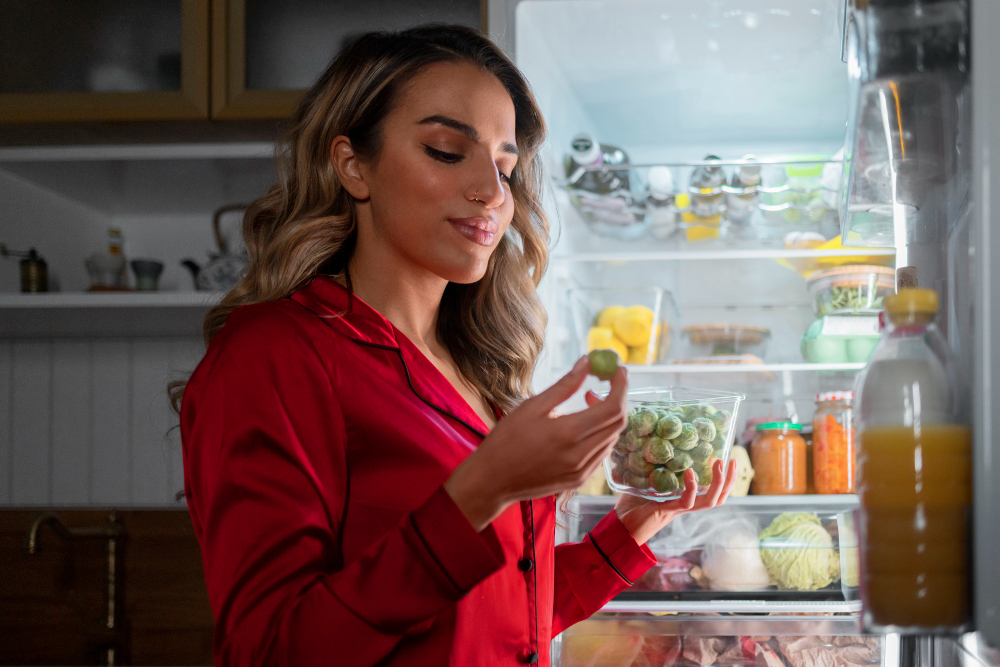
The 6 Essential Foods to Always Keep in Your Freezer
1. Frozen Vegetables
Frozen vegetables are a lifesaver for busy weeknights. They’re pre-washed, pre-chopped, and retain most of their nutrients. Stock up on staples like:
- Broccoli
- Spinach
- Peas
- Mixed stir-fry blends
How to use them: Toss them into soups, stir-fries, or pasta dishes straight from the freezer.
2. Frozen Fruits
Frozen fruits are perfect for smoothies, desserts, or even as a quick snack. Some must-haves include:
- Berries (strawberries, blueberries, raspberries)
- Mango chunks
- Pineapple
Pro tip: Freeze fruits in single layers on a baking sheet before transferring them to bags to prevent clumping.
3. Protein Staples (Meat, Fish, and Plant-Based Options)
Having frozen proteins on hand ensures you’re always ready to whip up a hearty meal. Consider keeping:
- Chicken breasts
- Ground beef or turkey
- Salmon fillets
- Plant-based options like tofu or veggie burgers
Storage tip: Divide large packages into smaller portions before freezing for easier use.
4. Bread and Baked Goods
Bread freezes surprisingly well, and it’s a great way to avoid waste. Freeze:
- Sliced bread
- Bagels
- Muffins
- Tortillas
How to use: Toast or thaw slices as needed—they’ll taste just as fresh!
5. Ready-to-cook meals and Soups
Batch cooking and freezing meals can save you on hectic days. Some ideas:
- Soups and stews
- Casseroles
- Pre-portioned pasta sauces
Tip: Use freezer-safe containers or zip-top bags to store these meals.
6. Herbs and Spices
Don’t let fresh herbs go to waste! Freeze them in oil or water in ice cube trays for easy use later. Great options include:
- Basil
- Cilantro
- Parsley
How to use: Drop a herb cube into soups, sauces, or sautéed dishes for instant flavor.
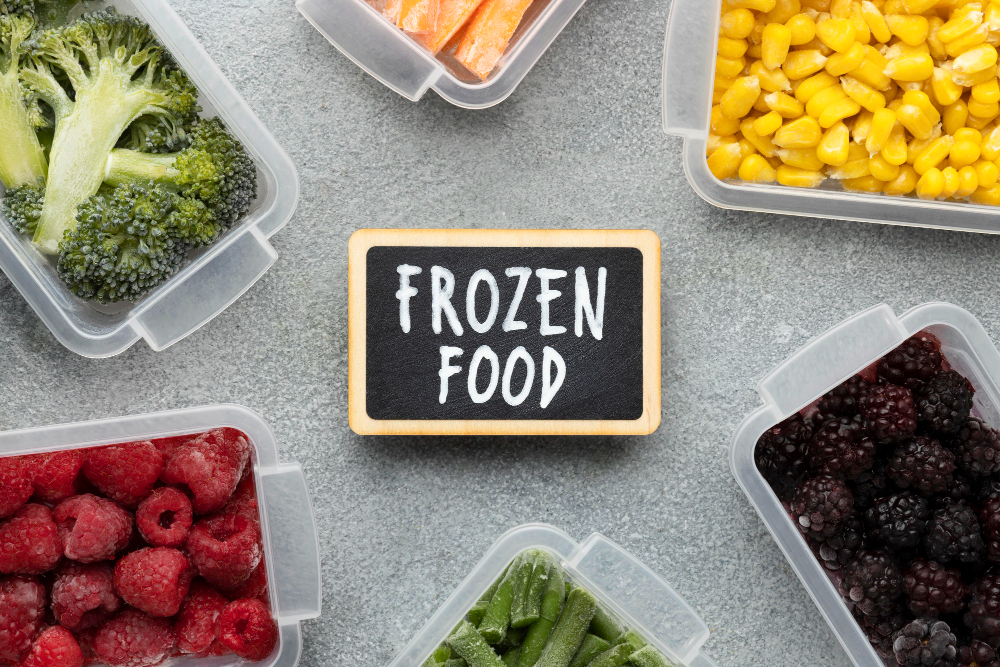
Tips for Freezing Food Like a Pro
How to Prevent Freezer Burn
Freezer burn happens when food is exposed to air, leading to dry, unappetizing patches. To avoid it:
- Use airtight containers or heavy-duty freezer bags.
- Remove as much air as possible before sealing.
- Wrap items like meat or bread in plastic wrap before bagging.
Best Containers for Freezing Food
Not all containers are created equal. Here’s a quick guide:
| Container Type | Best For |
|---|---|
| Freezer bags | Fruits, veggies, soups, and sauces |
| Glass containers | Ready-to-eat meals and leftovers |
| Silicone trays | Herbs, sauces, and small portions |
How Long Can You Keep Food in the Freezer?
While frozen food doesn’t spoil, its quality can decline over time. Here’s a handy table:
| Food Item | Recommended Freezer Time |
|---|---|
| Vegetables | 8-12 months |
| Fruits | 10-12 months |
| Meat (uncooked) | 6-12 months |
| Fish | 3-6 months |
| Bread | 3-6 months |
Creative Ways to Use Your Freezer Staples
Quick and Easy Meal Ideas
- Stir-fry: Toss frozen veggies, protein, and a sauce for a speedy dinner.
- Smoothie bowl: Blend frozen fruits with yogurt and top with granola.
- Soup: Use frozen veggies, broth, and pre-cooked meat for a comforting meal.
Meal Prep Tips Using Frozen Foods
- Pre-portion ingredients: Freeze individual servings of cooked grains, proteins, and veggies for easy assembly.
- Make-ahead sauces: Freeze pesto, marinara, or curry sauces in small containers.
- Bake and freeze: Prepare casseroles or baked dishes in advance and freeze them for later.
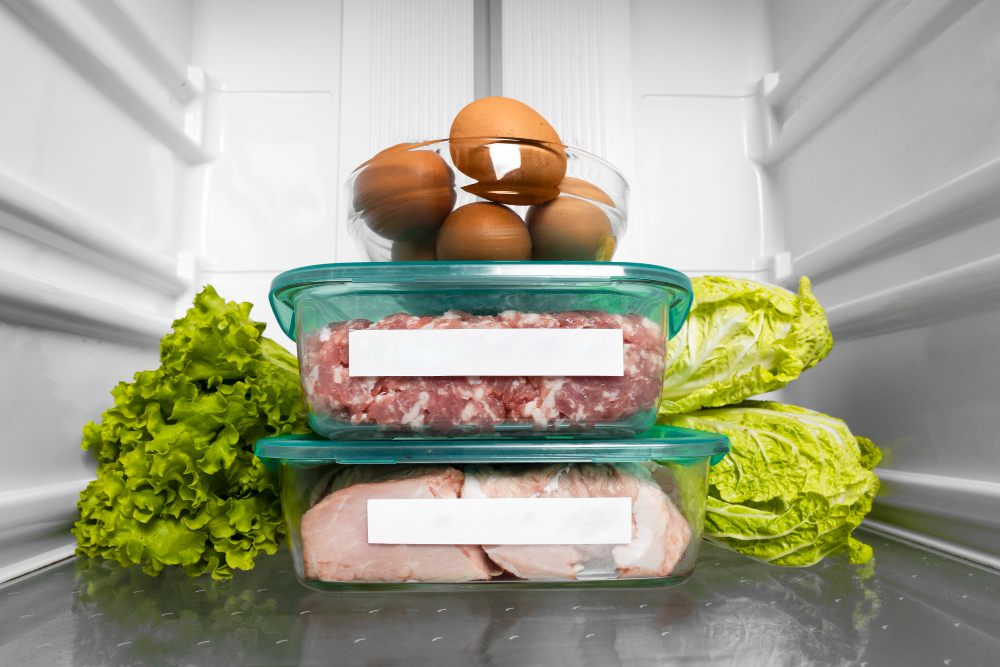
Conclusion
Your freezer is more than just a place to stash ice cream—it’s a powerful tool for making your life easier, healthier, and more efficient. By keeping these 6 essential foods on hand, you’ll always have the foundation for quick, nutritious meals. Your freezer can be a lifesaver on busy days, from frozen veggies and fruits to proteins and ready-to-cook meals.
Remember to organize your freezer, use proper storage techniques, and rotate your stock to make the most of your frozen treasures. Whether you’re meal prepping, reducing food waste, or simply saving time, these freezer staples will transform the way you cook and eat.
Also Read: How to Store Rice to Keep It Fresh for Years
FAQs
What are the best foods to freeze for long-term storage?
The best foods for long-term freezing include vegetables, fruits, proteins (like meat and fish), bread, and pre-cooked meals. These items retain their quality and flavor well when stored properly.
How long can you keep food in the freezer?
Most foods can be kept in the freezer for several months without spoiling. For example, vegetables last 8-12 months, fruits 10-12 months, and uncooked meat 6-12 months. Always check for freezer burn or changes in texture before using.
Can you freeze fresh vegetables and fruits?
Absolutely! Fresh vegetables should be blanched (briefly boiled) before freezing to preserve their color and texture. Fruits can be frozen as-is or prepped (like slicing or peeling) for easier use later.
What are the healthiest freezer foods?
Frozen vegetables and fruits are among the healthiest options, as they retain most of their nutrients. Lean proteins like chicken breast and fish are also great choices for a balanced diet.
What are the best containers for freezing food?
Airtight freezer bags, glass containers, and silicone trays are excellent for freezing food. Make sure to choose containers that are specifically labeled as freezer-safe to prevent cracking or leaking.
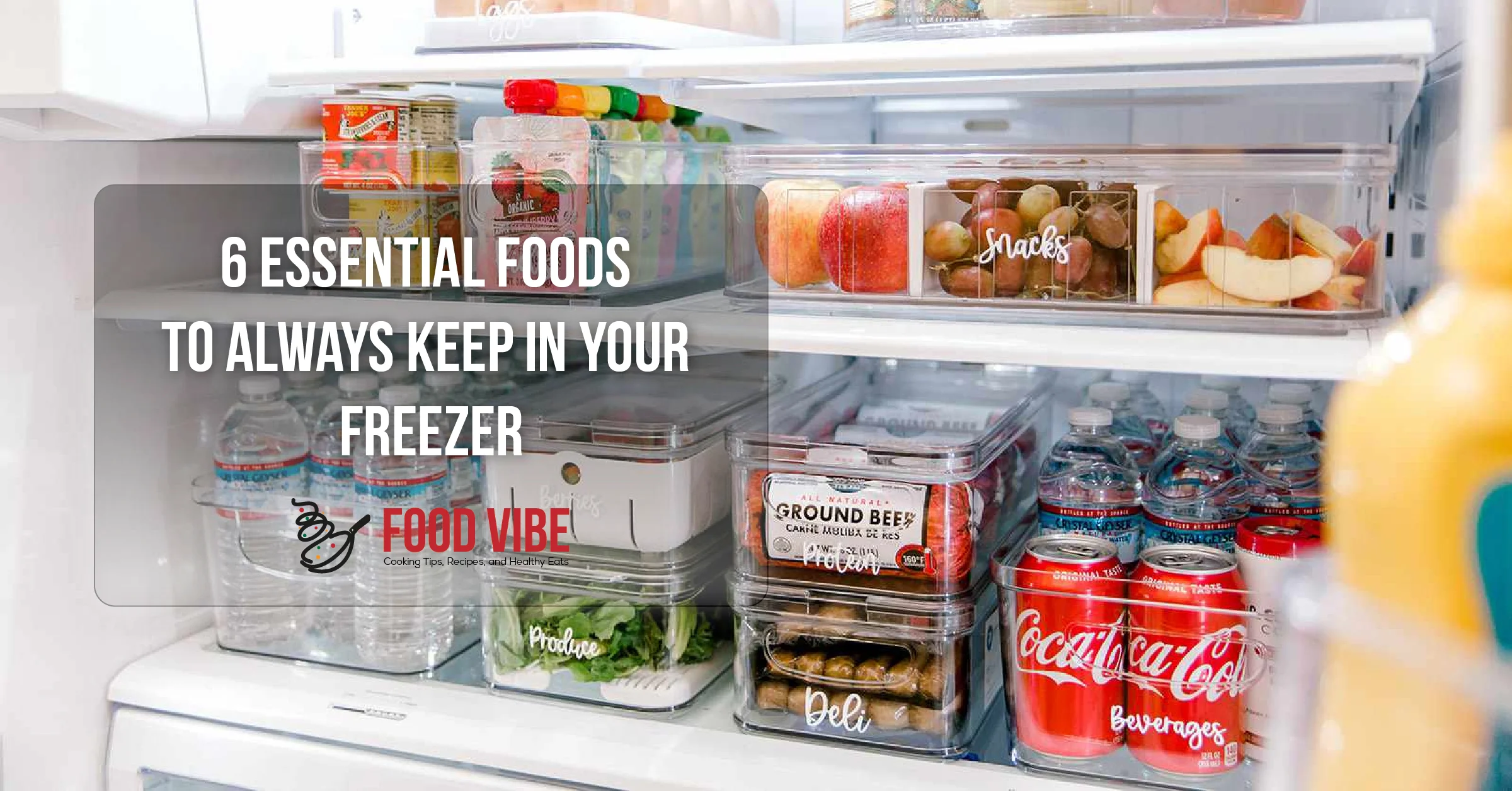
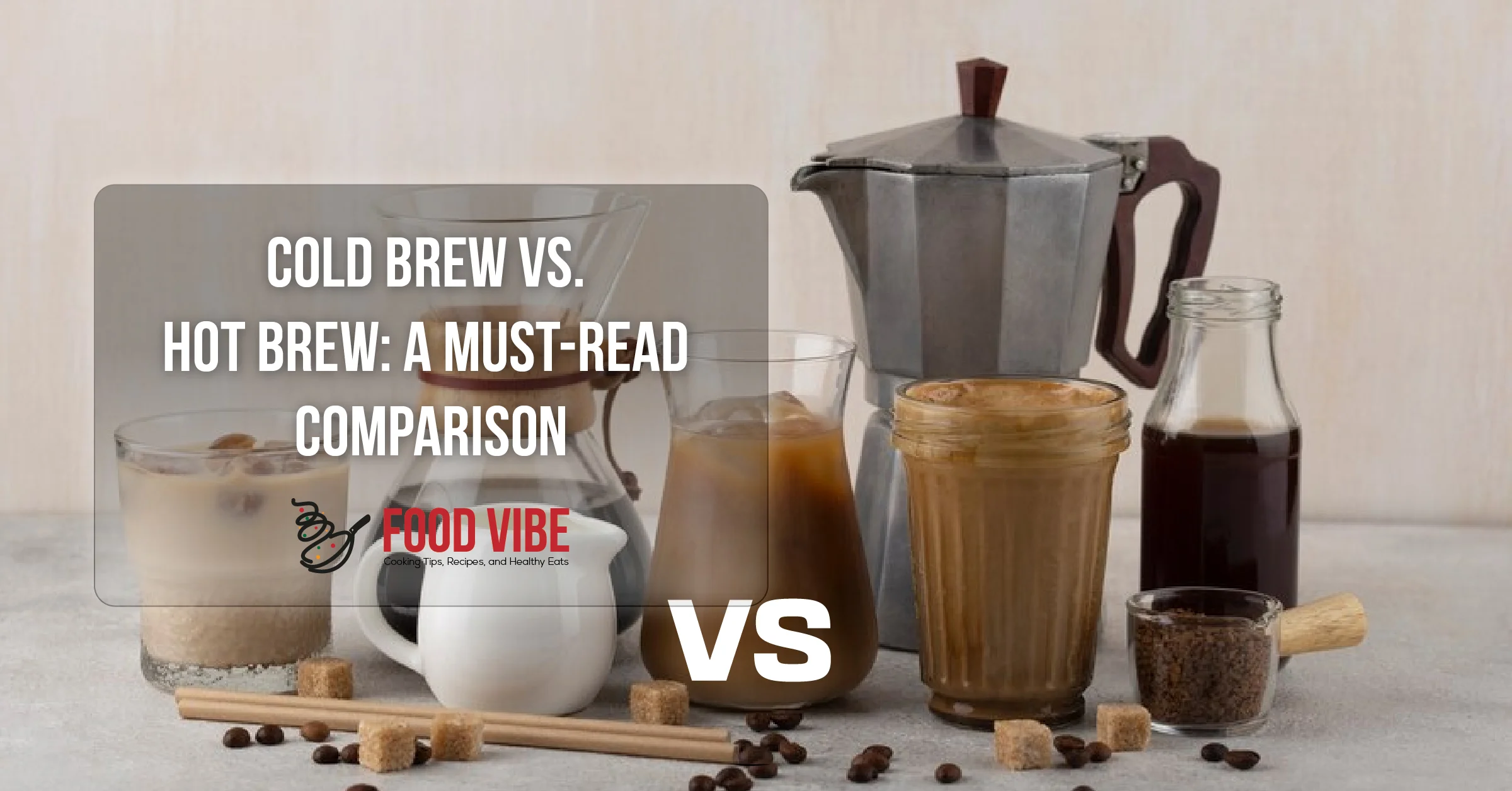
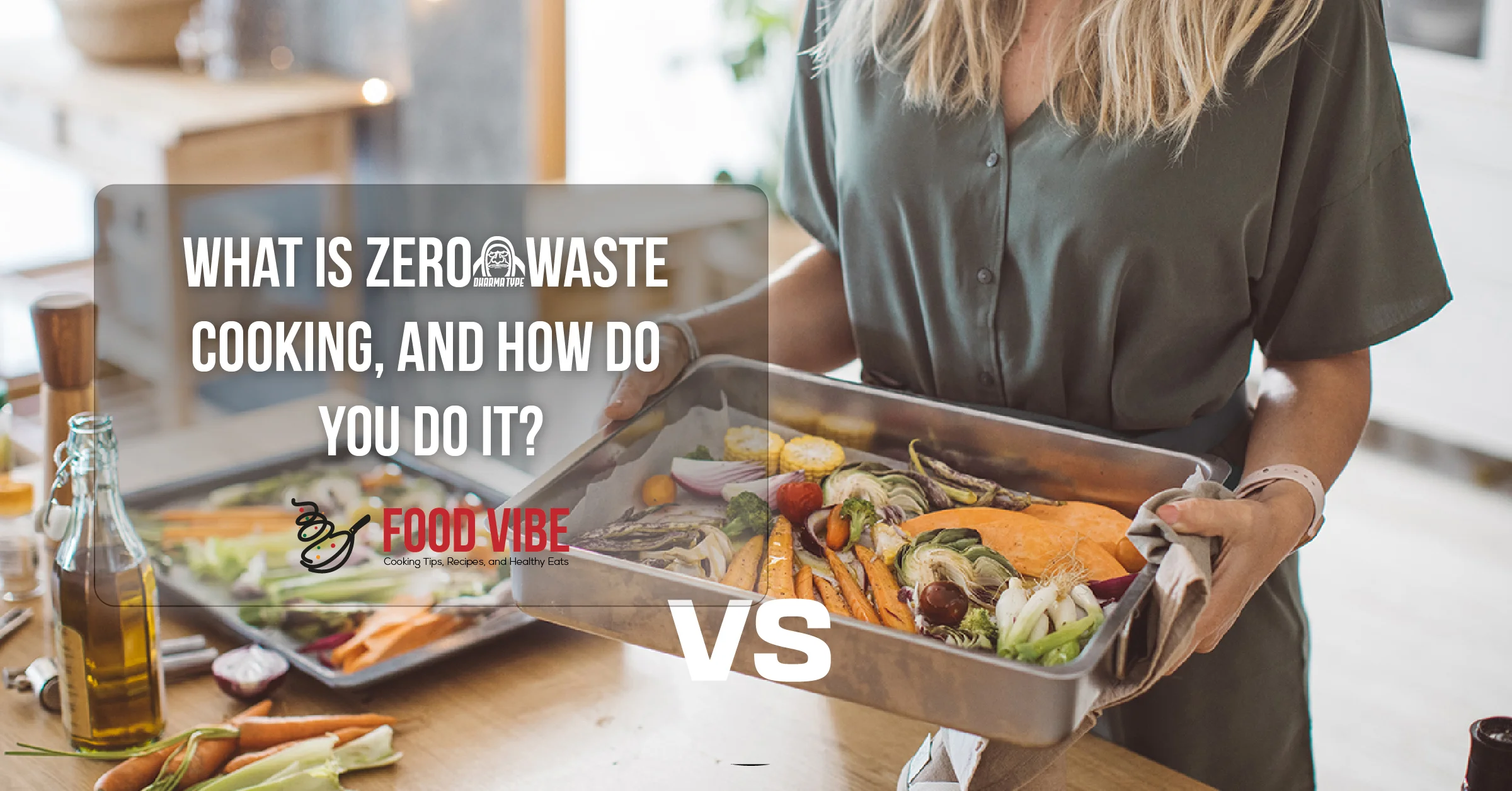
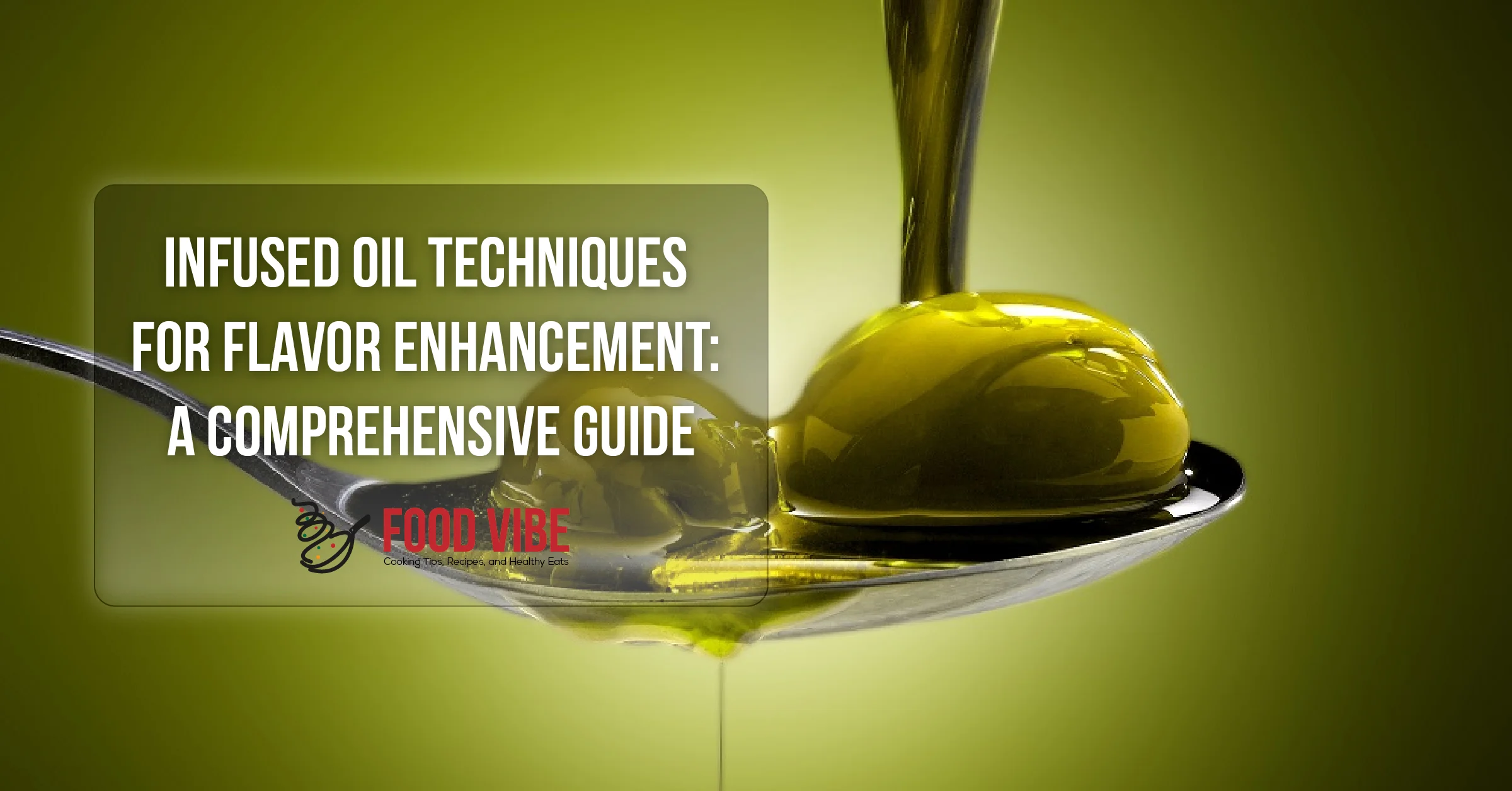

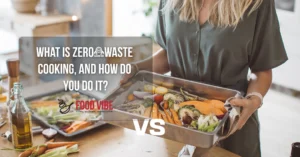






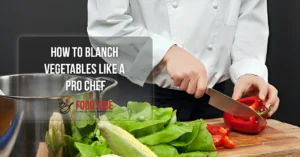

Post Comment